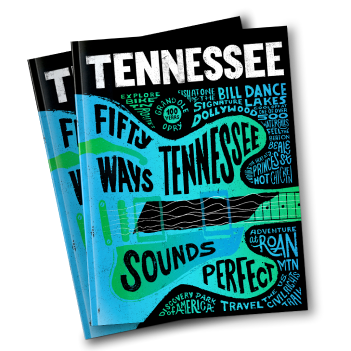
In the early 1970s Bill Ferris and Judy Peiser begin making documentary films in the Mississippi Delta. After completing award winning film Gravel Springs Fife and Drum (Produced by David Evans, Bill Ferris and Judy Peiser), Ferris and Peiser formed the Center for Southern Folklore in 1972 as a private non profit organization.
With support of the National Endowment for theArts, National Endowment for the Humanities, Rockefeller Foundation,Ford Foundation, Tennessee Arts Commission and others the Center produces numerous films, slide shows, radio programs and publications including Ray Lum: Mule Trader, Four Women Artists, and Hush Hoggies Hush: Tom Johnson's Praying Pigs.
1977 in cooperation with the Smithsonian Institution Traveling Exhibition Service produces major traveling exhibit: Folk Art and Crafts: The Deep South.
Under Peiser's direction the Center for Southern Folklore embarks on programs that focus on Memphisas the music and cultural center of region.
In 1978 Center receives collections of photographs, film footage, audiorecordings by Rev. L. O. Taylor. With help of American Film Institutecopies footage for early preservation
Pathe-Cinema makes film, Du Cote de Memphis, about the Center's film work shown in France and Belgium. Other Center films are shown as TV shorts in Europe.
International Communication Agency (USIA) shoots film about the Center for Southern Folklore called A Legacy of Memories distributed to US Cultural Centers worldwide.
The Center initiates Mid South Folklife Survey and Ethnic Study Surveys that continue to early 1980s.
On Wednesday mornings from October 5, 1988 to March 22, 1994 the Center presented a lively 30 minute radio program on Memphis's community radio station WEVL. 89.9
1992 The Center erects interpretive exhibits on Beale. Series of out doorexhibits on Beale Street using narratives, history and photographs.Several exhibits still standing.
1993 Center moves to 126 Beale. Provided access and more opportunity for sales of folk art.
1993 Center opens Memphis Rocks: Rockabilly in Memphis
1996 and 1997 Center produces Viva Memphis Fiestas saluting Memphis' Latino Communities.
1997 www.southernfolklore.com begins.
1997 Moves to 209 Beale. Facility contains gift shop, performanceand exhibit space, bar and food service. This space gave the Center achance to provide a variety of music on a consistent basis.
1999 The Center closes on Beale and moves to 119 S. Main
Read MoreLess
Center for Southern Folklore
Contact
info@southernfolklore.comFor the most up-to-date hours and information, please contact Center for Southern Folklore directly.


























